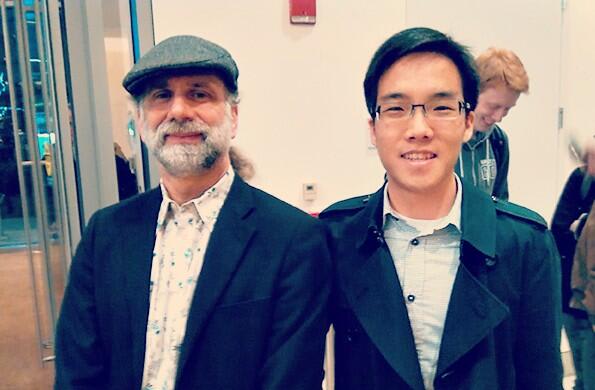Yesterday, Co-Founders Wei Sun and I had a brief opportunity to meet with renowned security expert Bruce Schneier(new window) at MIT. Bruce was around to give a talk for the MIT IEEE/ACM Joint Seminar Series and we were on campus to meet with a couple MIT based security experts.
Bruce is not just an expert on internet security, but as the author of many books, he’s also an expert on communicating the need for security to a broader audience. While technical aspects were of course discussed, one of the key questions we asked Bruce was how do we convince the average person to care about security and privacy.
The insight we got from Bruce was that people do in fact care. If one was to pull 10 random people off the street and ask them if they care about privacy and would like more privacy online, 10 out of 10 would say yes. The problem is really the inconvenience that comes with internet privacy. Simply put, people sacrifice privacy and security for convenience, and the only way to win this battle is to make security easy.
This is what we are trying very hard to accomplish at Proton Mail. Unlike other solutions out there, the idea behind Proton Mail from the very beginning was that it could NOT be any harder to use than Gmail or Hotmail. Despite the additional months of work required to accomplish this, we feel that in the end, it is worth the effort because ultimately, an easier to use solution IS more secure simply because it will allow more people to embrace security.
 (new window)
(new window)